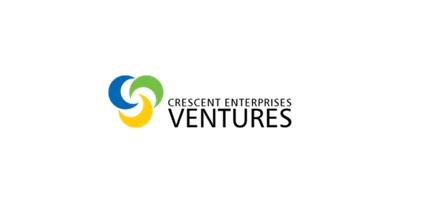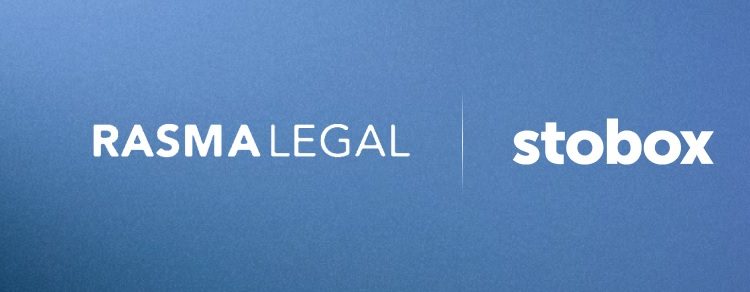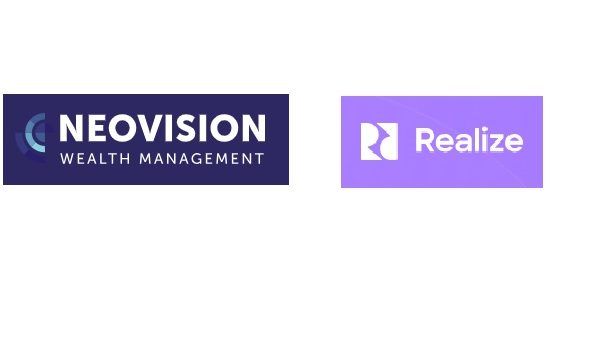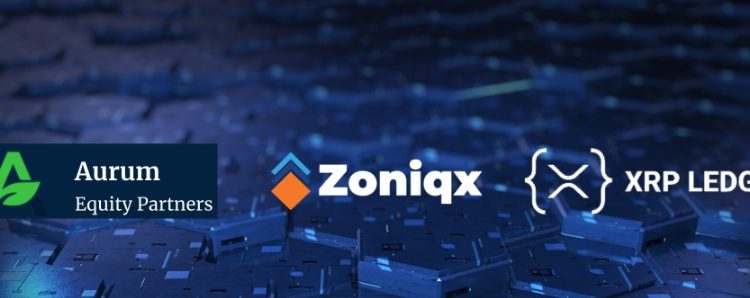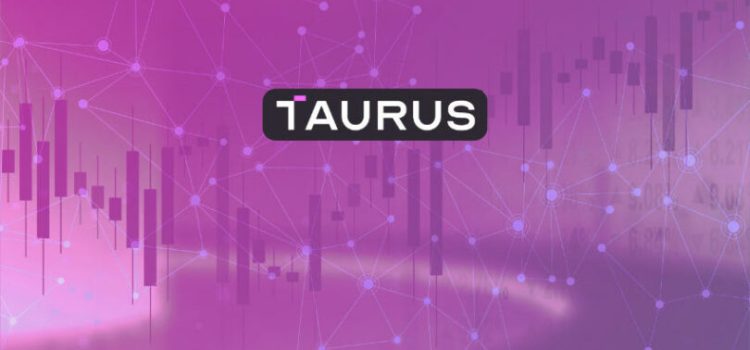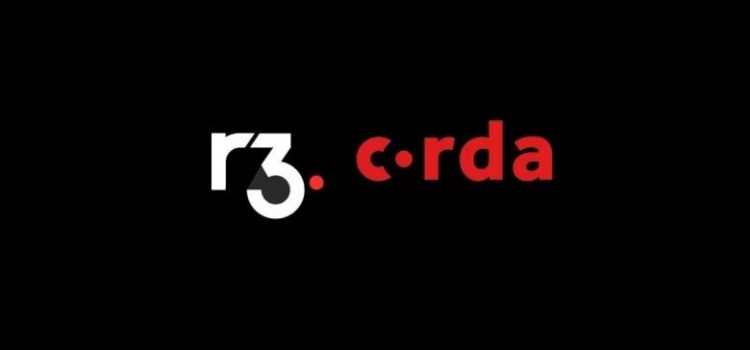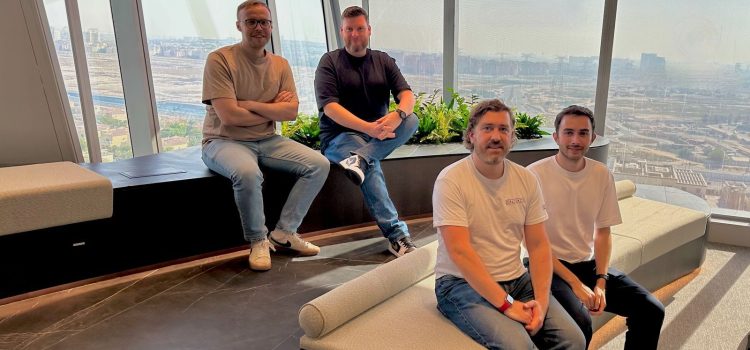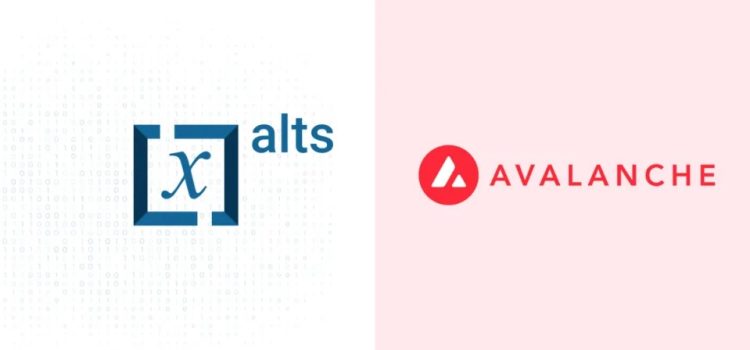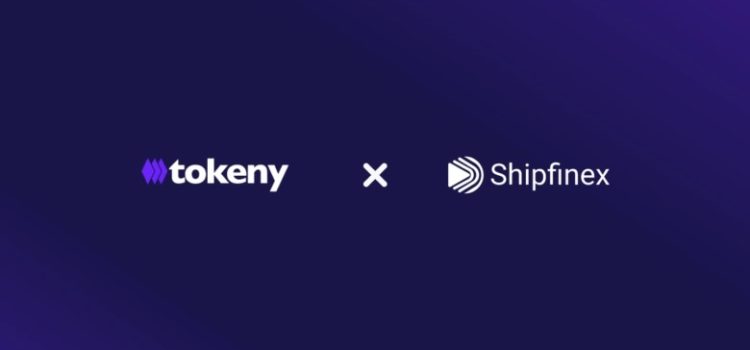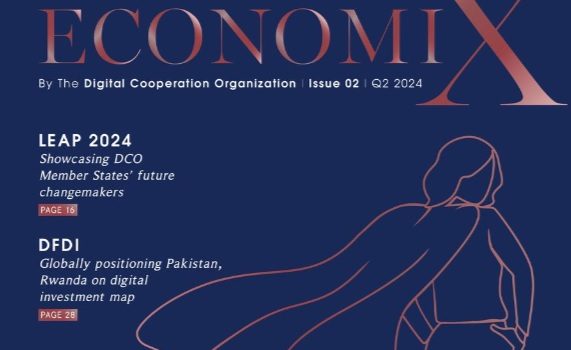
Stobox, a tokenization company, has partnered with UAE based RASMA Legal, a legal advisor to spur the tokenization landscape in the UAE by combining Stobox’s innovative technology and RWA expertise with RASMA Legal’s extensive legal and regulatory expertise.
The partnership aims to accelerate the adoption of tokenization in the region, offering businesses a streamlined and compliant approach to leveraging tokenized assets.
Stobox, with over six years of experience in the tokenization space and more than $300 million in tokenized assets, is recognized for its robust technology solutions that empower businesses to tokenize and manage digital assets seamlessly. With over 70 clients globally, Stobox has consistently delivered innovative tokenization solutions, positioning itself as a leader in the industry, and will soon launch the product Stobox 4.
With a reputation for regulatory excellence, RASMA Legal plays a pivotal role in guiding businesses through the regulatory complexities of digital asset frameworks across the UAE, Saudi Arabia, and the GCC region. Known for its strategic insight into digital asset laws and fintech regulations, RASMA Legal has become a trusted advisor for businesses across the GCC looking to navigate this transformative space. The firm’s extensive experience allows it to provide end-to-end legal support for tokenization projects, from initial assessment to transactional documents and regulatory licensing.
Further enhancing its role as a key industry player, RASMA Legal maintains a presence at digital asset forums and regulatory discussions, actively shaping best practices and influencing regulatory evolution within the GCC.
Stobox sees immense potential for tokenization in the UAE, a region known for its forward-thinking regulatory frameworks and growing interest in digital assets. By partnering with RASMA Legal, Stobox aims to introduce its tokenization platform to businesses across the UAE, leveraging RASMA’s local expertise to ensure full compliance with regional regulations.
RASMA Legal will be the first legal service provider to be integrated into Stobox 4, a comprehensive product offering that streamlines the entire tokenization process. Stobox 4 allows businesses to tokenize their assets, raise capital through Security Token Offerings (STOs), and manage their tokenized assets with ease. RASMA’s involvement adds a significant layer of validation to this process, ensuring that businesses from the UAE can not only tokenize their assets but do so in full compliance with the UAE’s legal and regulatory frameworks.
As part of the partnership, RASMA Legal will provide a full range of legal support to businesses looking to run compliant STOs in the UAE. From licensing and registration to ongoing regulatory advice, RASMA’s services will be instrumental in helping businesses navigate the often complex process of tokenizing assets and raising capital through digital securities. This partnership will enable businesses to confidently enter the world of tokenization, knowing they have the legal backing necessary to succeed.

